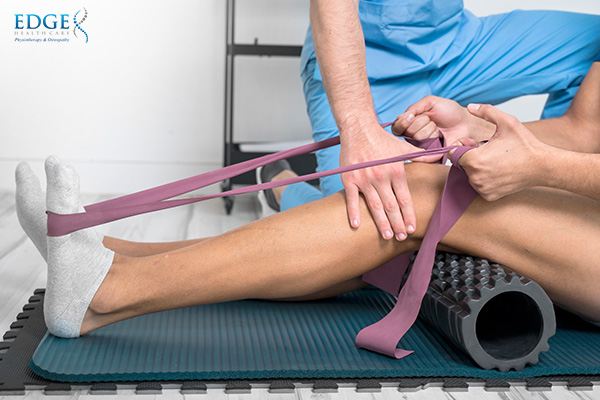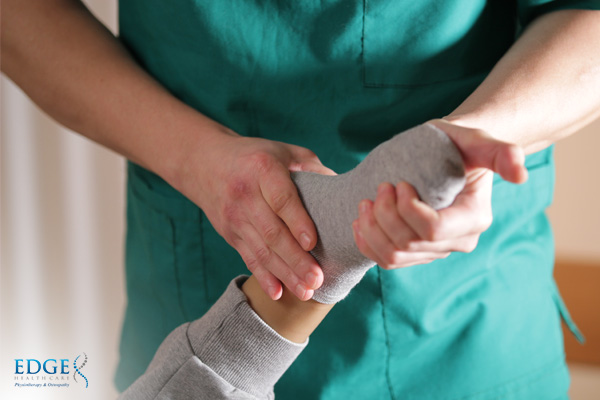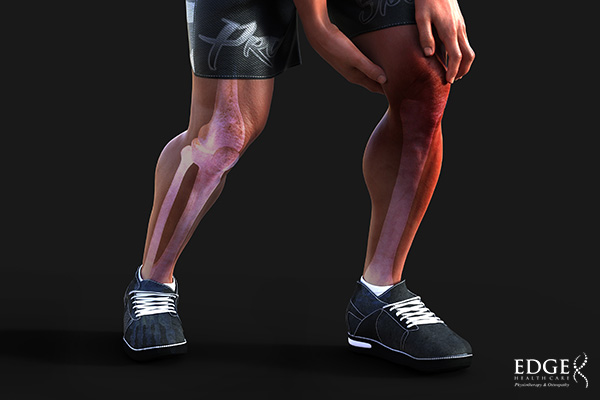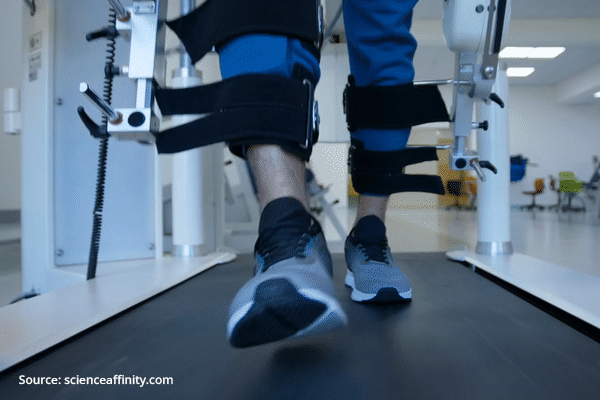
The benefits of exercise have been well-researched for decades and its importance to living a healthy lifestyle cannot be understated. However, for patients in Singapore who are recovering from injuries and are unable to participate in vigorous activities, physical therapy via rehabilitation exercises can help plug the gap and support them on the road to recovery.
Rehabilitation exercises are not confined to those who have suffered sports injuries. Seniors with mobility issues and patients with chronic conditions can also benefit greatly from having such exercises as part of their daily or weekly routine. The positives go beyond just an improvement to physical health and can build confidence and enhance mental well-being as well. Read on to find out four ways rehabilitation exercises and sports physiotherapy in Singapore can benefit you.

1. Recovering from sports injuries
Active sportsmen are likely to experience physical injuries at some point in their lives. In order to get back to tip-top shape, rest and recovery are paramount. The type of rehabilitation exercises to help each sportsman recover are dependent on factors like the type of injury and the kind of activity the patient is looking to return to.
For example, distance runners in Singapore are prone to stress fractures, tendonitis, and lower body muscle injuries. A recovery programme planned by trained sports physiotherapy experts will involve rehabilitation exercises that help patients ensure a safe return to the sport.
While rest after an injury or major surgery is important, too much rest can slow recovery. Rehabilitation exercises are important to help athletes return to full-fitness quickly and safely.
2. Easing pain
Patients recovering from injury or with chronic conditions often suffer from debilitating pain which hinder their mobility, put a strain on recovery, worsen their injuries, and may have a detrimental psychological effect on their mental health.
Rehabilitation exercises can help alleviate many kinds of musculoskeletal pain. By stretching sore muscles, increasing flexibility, and gently training muscles that provide support, pain caused by injuries or long-term medical conditions can be relieved through physical therapy in Singapore. Removing this pain barrier aids patients when it comes to regaining confidence, and helps ease the psychological burden for people who suffer chronic diseases.

3. Reduce injury risks
In tandem with helping patients recover from physical trauma, rehabilitation exercises aim to reduce future injury risks. By understanding your activity level as well as the type of exercises you partake in, sports physiotherapy experts in Singapore can devise tailored training schedules for injury-prone patients.
Such bespoke rehabilitation exercise programs can go a long way in aiding long-term recovery and reducing recurring injuries. Even for non-athletes in Singapore, such practices ensure lowered injury risk once they are at the post physical therapy stage.

4. Improving mobility
Many patients experience restrictions in mobility due to a myriad of factors like illnesses, age, or muscle tears or strains. No matter what the condition, rehabilitation exercises can play a part in restoring mobility. By stretching and strengthening the muscles involved, physical therapy can help ease issues related to physical movement.
Many people are unaware of the vast benefits that come with following a set rehabilitation exercise regime tailored to your needs and planned in consultation with a trained sports physiotherapist. If you have questions about how you can improve your physical and mental health, contact us today with your queries.

